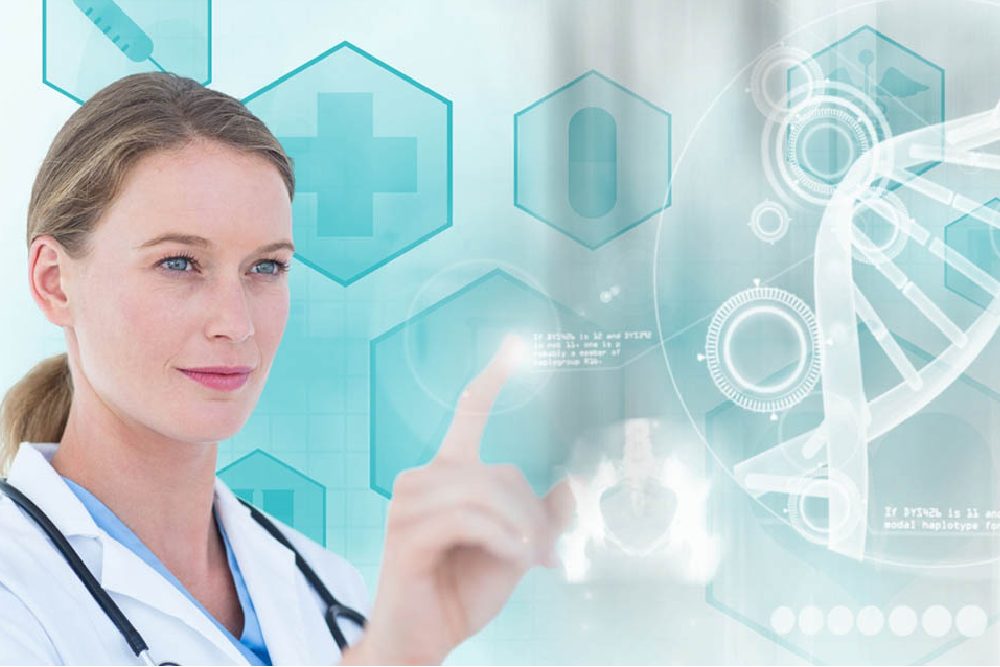In the ever-evolving landscape of healthcare, stem cell technology stands out as a beacon of hope and innovation. This groundbreaking field, which has been the subject of intense research and debate, is now poised to transform the face of medicine, offering solutions to some of the most challenging medical conditions of our time.
Table of Contents
The Potency of Stem Cells
Stem cells are unique in their ability to develop into different types of cells in the body, making them a key player in the body’s repair system. Traditionally, stem cells were primarily sourced from embryos, but advancements have led to the use of adult and induced pluripotent stem cells (iPSCs), alleviating ethical concerns and opening new avenues for research and application.
Revolutionizing Regenerative Medicine
One of the most promising applications of stem cells lies in regenerative medicine at clinics like bioxcellerator.com. Conditions like Parkinson’s disease, spinal cord injuries, and heart disease, which were once thought to be irreversible, are now being approached with renewed hope. For instance, in Parkinson’s disease, stem cells could potentially regenerate lost neurons, offering a chance to halt or reverse the progression of the disease. Similarly, in cases of spinal cord injuries, stem cell therapy holds the potential to repair damaged spinal tissue, restoring mobility and sensation to patients who previously had little hope of recovery.
Modeling Diseases and Personalized Drug Testing
Beyond treatment, stem cells are revolutionizing the way we understand diseases. By creating patient-specific disease models using stem cells, researchers can study the progression and pathology of various conditions at a cellular level. This is particularly vital in the development of new drugs as it allows for safer and more efficient testing. These models also enable the study of rare genetic disorders, paving the way for targeted therapies.
Gene Therapy and Genetic Disorders
Another exciting development is the use of stem cells in gene therapy. Researchers are combining gene editing technologies with stem cell therapy to correct genetic defects, offering a potential cure for genetic disorders. This approach, which involves modifying a patient’s own stem cells and reintroducing them into the body, is a significant step toward personalized medicine. It promises treatments that are more effective, with reduced risks of immune rejection and side effects.
Ethical Considerations and Future Prospects
Despite these advancements, stem cell research continues to grapple with ethical concerns, particularly regarding the use of embryonic stem cells. However, the shift toward adult and iPSCs is addressing many of these issues, paving the way for broader acceptance and application of stem cell therapies.
The future of healthcare is being reshaped by stem cell innovations. With ongoing research and clinical trials, the potential of stem cells to treat a wide array of diseases is immense. As we continue to unlock the mysteries of stem cells, we move closer to a future where personalized and regenerative medicine becomes a reality for patients worldwide.
In conclusion, stem cell technology isn’t just a scientific breakthrough; it’s a paradigm shift in medical treatment. It represents a new era of healthcare, one where regeneration and repair are not just possible but are becoming a reality. As we look toward the future, the possibilities of stem cell innovations in medicine are limitless, promising a healthier, more hopeful world for generations to come.

